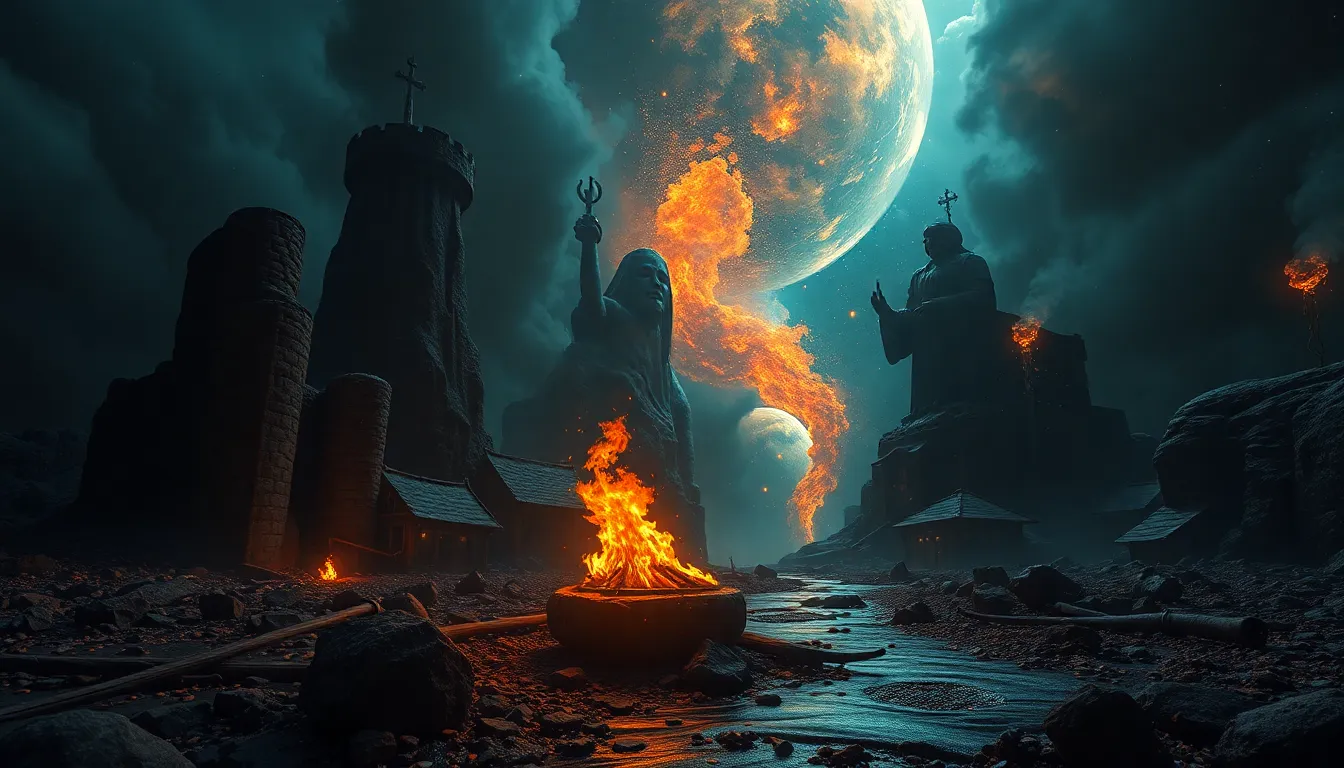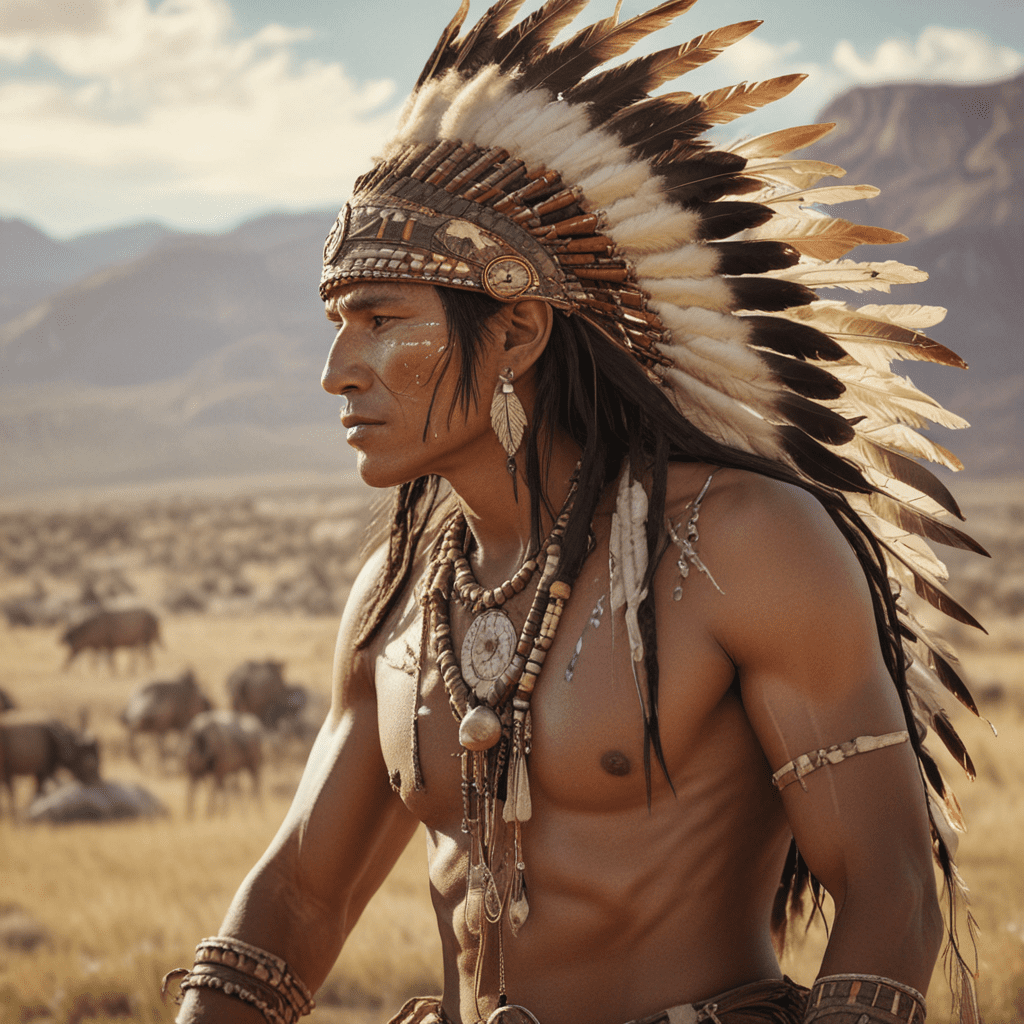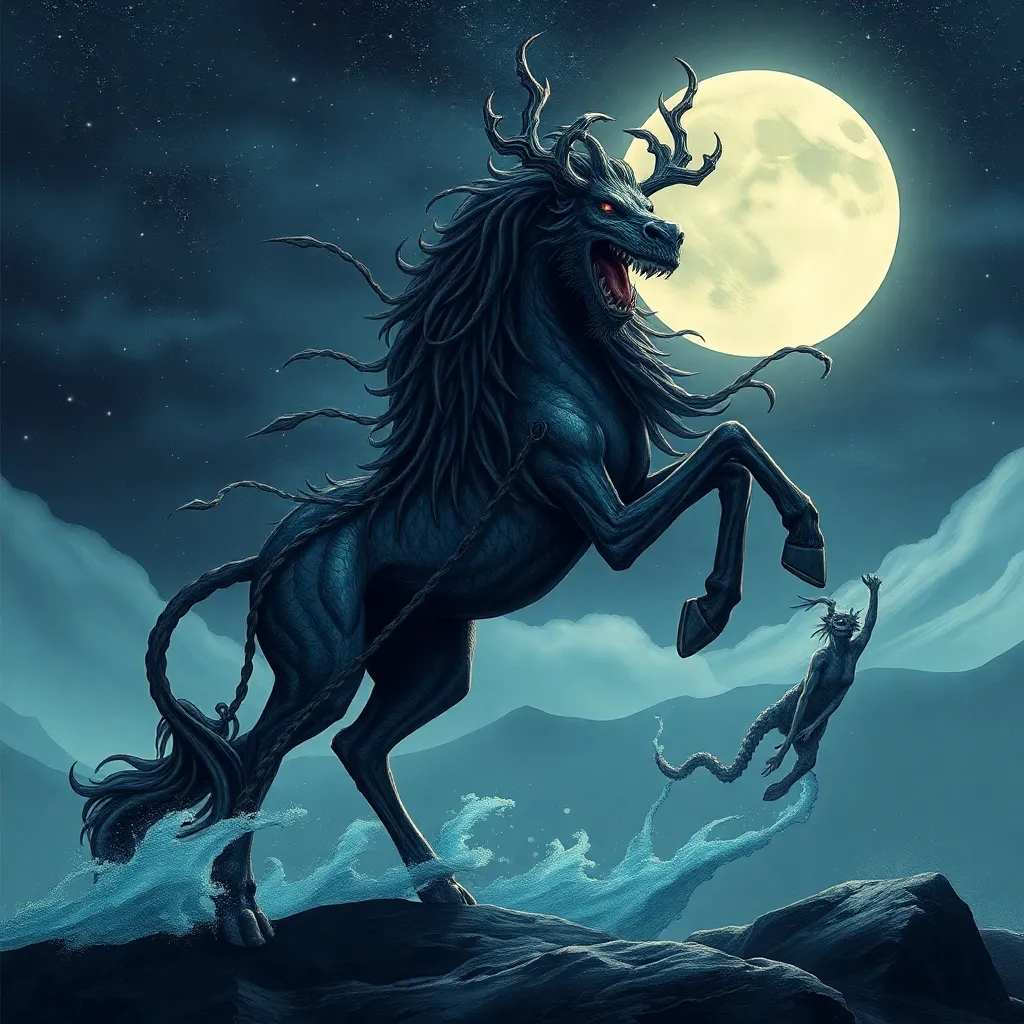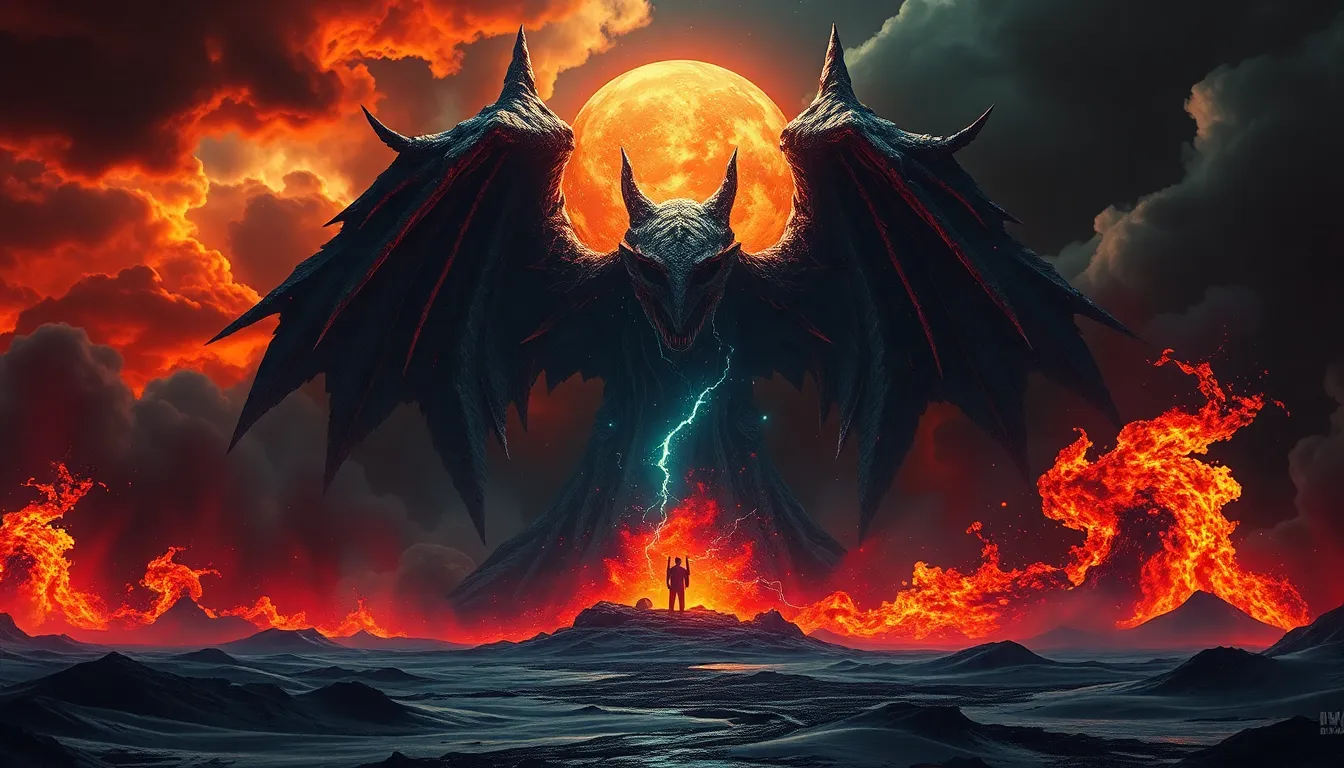The Power of Mythic Narratives: Transformations That Resonate Today
Introduction: Understanding Mythic Narratives
Mythic narratives are stories that embody the beliefs, values, and practices of a culture. They often explain natural phenomena, human behavior, and the mysteries of life and death. Historically, myths have held significant sway over societies, providing frameworks through which people understand their world. From ancient civilizations to modern societies, myths have acted as vehicles of wisdom and moral lessons.
This article will explore the transformations of mythic narratives in contemporary contexts, highlighting their relevance and resilience in today’s world.
The Role of Myth in Human Experience
Myths serve as vital tools for exploring the human condition. They encapsulate fundamental truths about life, guiding individuals through their personal and collective journeys. Myths often shape cultural identity and values by:
- Providing a shared narrative that strengthens community bonds.
- Offering moral and ethical frameworks that guide behavior.
- Imbuing individuals with a sense of purpose and belonging.
Moreover, the psychological impact of mythic storytelling cannot be overstated. Myths resonate deeply within us, often tapping into universal archetypes and emotions that transcend time and culture.
Classic Myths and Their Enduring Themes
Throughout history, various mythological traditions have emerged, each with unique narratives yet sharing common themes. Examples include:
- Greek Myths: The tales of heroes like Hercules and Odysseus who embody virtues such as bravery and resilience.
- Norse Myths: Stories of gods like Odin and Thor that explore themes of fate, sacrifice, and the struggle against chaos.
- Indigenous Myths: Rich narratives that emphasize harmony with nature and the interconnectedness of all life.
These myths often reflect contemporary values and struggles, addressing issues such as identity, conflict, and transformation that remain relevant today.
Mythic Archetypes in Modern Storytelling
Joseph Campbell’s monomyth, or The Hero’s Journey, outlines a universal pattern found in myths across cultures. This framework has influenced modern storytelling significantly. Key archetypes in literature, film, and media include:
- The Hero: A character who embarks on an adventure, faces challenges, and ultimately undergoes transformation.
- The Mentor: A wise figure who guides the hero and provides essential knowledge.
- The Threshold Guardian: A character that tests the hero’s resolve and commitment.
Modern narratives, such as the “Star Wars” saga and “The Lord of the Rings,” draw heavily from these mythic structures, demonstrating their timelessness and ability to resonate with audiences.
Cultural Adaptations of Mythic Narratives
Different cultures often reinterpret myths to reflect contemporary realities. This adaptation can be seen in:
- Literature: Retellings of classic myths in modern novels, such as Madeline Miller’s “Circe.”
- Film: Movies like “Moana,” which weave Polynesian mythology into a narrative that resonates with today’s values of empowerment and self-discovery.
- Theater: Productions that reimagine Greek tragedies for modern audiences.
However, it is crucial to approach these adaptations with awareness of cultural appropriation versus appreciation, ensuring respect for the original narratives and their significance.
Myth and Identity in the Digital Age
The digital age has transformed myth-making, providing new platforms for storytelling. Social media, podcasts, web series, and gaming allow for the rapid dissemination and evolution of mythic narratives. Key aspects include:
- New Platforms: Emerging media enables diverse voices to share their myths and stories.
- Digital Myths: Online communities create their own narratives, such as memes that encapsulate shared experiences and values.
- Interactive Storytelling: Video games that allow players to engage with mythic narratives actively.
These developments signify the emergence of new mythic forms that reflect current societal dynamics and individual identities.
Mythic Narratives as Tools for Personal Transformation
Myth has therapeutic applications in psychology and self-help, serving as a means for personal transformation. Some ways in which myth aids personal growth include:
- Reflection: Individuals can see their struggles mirrored in mythic stories, gaining insights and perspectives.
- Workshops: Programs that utilize mythological frameworks to facilitate personal development.
- Personal Narratives: Stories of individuals who have undergone change inspired by mythic themes.
These practices harness the power of storytelling to foster healing and self-discovery.
The Influence of Myth on Social Movements
Mythic narratives have historically inspired social movements and activism. They provide a framework for collective identity and purpose. Some notable examples include:
- Civil Rights Movement: Figures like Martin Luther King Jr. drew upon biblical and mythic themes of justice and liberation.
- Environmentalism: Myths emphasizing the connection to nature inspire activism for ecological preservation.
- Feminist Movements: Reinterpretations of myths to empower women’s narratives and challenge patriarchal structures.
Storytelling plays a crucial role in mobilizing communities and inspiring change, illustrating the enduring power of myth.
Critiques of Mythic Narratives
Despite their strengths, mythic narratives have limitations and dangers. Critical examination reveals:
- Oversimplification: Myths can sometimes reduce complex realities to simplistic narratives.
- Stereotyping: Certain myths may perpetuate harmful stereotypes or cultural misunderstandings.
- Balancing Fact and Fiction: It is essential to balance myth with factual representation to avoid misleading narratives.
Critical engagement with myths allows for a more nuanced understanding of their role in society.
Conclusion: The Future of Mythic Narratives
As we navigate an increasingly complex world, the power of mythic narratives endures. They continue to resonate, providing insight, inspiration, and a sense of belonging. The ongoing evolution of myths, particularly in the digital age, suggests that these stories will remain vital tools for understanding ourselves and our place in the universe. As we embrace the transformative potential of myth, we can cultivate a deeper connection to our shared human experience.




